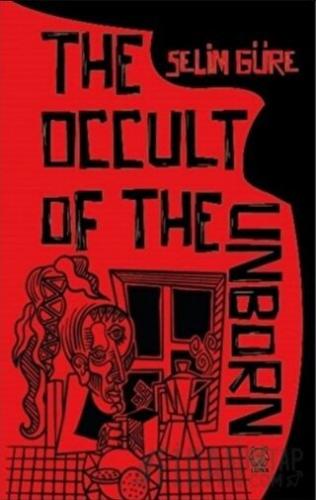
“Tragedies do not happen, they are conceived. Every tragedy begins in the womb, then it grows and grows until it is ripe enough for the prime misfortune—birth; for, to have come into this world is the prerequisite for every suffering.”
The Occult of the Unborn is a young pessimist's attempt to come to terms with the horrifying aspects of being born, and remaining alive. Intermixing with personal narratives the ideas of influential thinkers such as Zapffe, Benatar, and Schopenhauer, the author aims to make accessible to a wider audience the dark, obscure tenets of philosophical pessimism —the view that it would have been better had nothing existed. In a world where diseases, suffering, and death are omnipresent, is it feasible to become parents without being guilty?
“Tragedies do not happen, they are conceived. Every tragedy begins in the womb, then it grows and grows until it is ripe enough for the prime misfortune—birth; for, to have come into this world is the prerequisite for every suffering.”
The Occult of the Unborn is a young pessimist's attempt to come to terms with the horrifying aspects of being born, and remaining alive. Intermixing with personal narratives the ideas of influential thinkers such as Zapffe, Benatar, and Schopenhauer, the author aims to make accessible to a wider audience the dark, obscure tenets of philosophical pessimism —the view that it would have been better had nothing existed. In a world where diseases, suffering, and death are omnipresent, is it feasible to become parents without being guilty?










